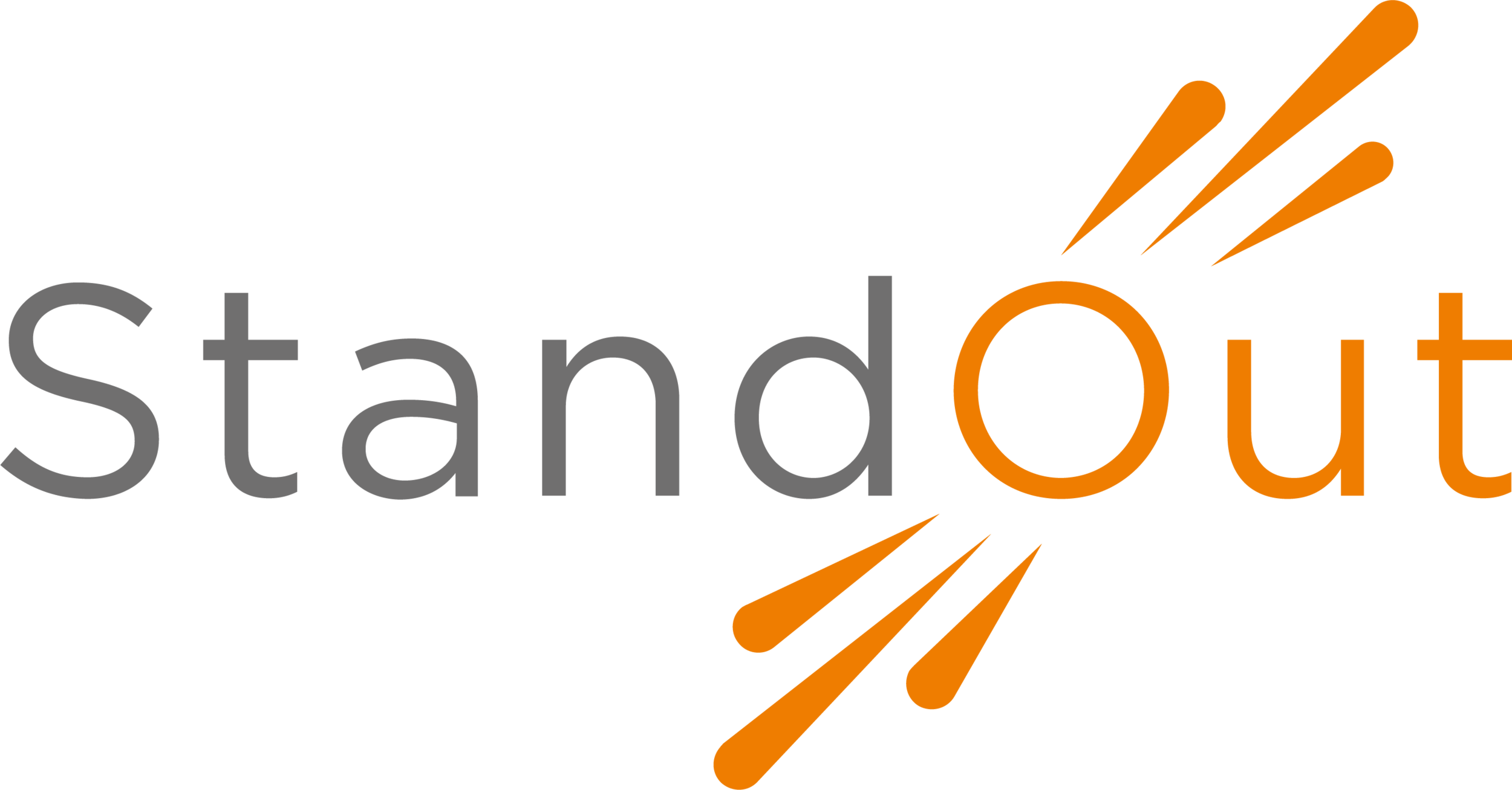Learning from participants – embracing your power mentality
In this blog, Communications and Policy Manager, Hannah, reflects on what participants at a recent end of course graduation taught her about embracing her power mentality.
Participants stood in a semi-circle at the front of the room as Amy – Lead Coach at HMP Pentonville – told each of them, one-by-one, that there were no available spaces on the StandOut course. As she moved around the first half of the semi-circle, she was met with responses along the lines of ‘it’s not fair’, ‘why does this always happen to me’ or ‘I don’t want to talk to you anymore’. But as she made her way around the second half, the replies seemed different – ‘is there a waiting list?’, ‘when’s the next course?’, ‘how do I make sure I get on in the future’? Repeating this exercise several times, the responses became stronger and the contrast between them starker.
This wasn’t a rather public announcement that our course was fully subscribed, but a presentation by participants at their end of course graduation about one of the most cited pieces of course content – the victim vs power mentality.
Victim vs Power Mentality
When we’re in a victim mentality we feel powerless in a situation, as if we can’t change our circumstances or as if choices have been made for us that we can’t control. We’re tempted to blame others and make no decisions, or bad ones. We feel that we have no choice, no responsibility, and therefore no control. It’s not a comfortable place to be.
But when we’re in a power mentality we know that, although we may not be able to control the things that happen to us, the situations we find ourselves in, or the way others act, we can choose our response – and that gives us power over our own lives. We feel that we have choice, responsibility, and therefore control. It’s a much more empowering position to be in.
Using the power mentality in prison…
That participants often choose to present on this piece of course content at graduation tells us that it really resonates with them. And that makes a lot of sense.
There is little choice in prison. Your movements are dictated by the prison regime; you’re told by officers when you can eat your meals, shower, or go to education, training or work. You don’t get to choose when your cell door is unlocked, you choose your meals from a short list, and if you run out of toilet paper you have to rely on an officer to get you more. When your liberty has been taken from you and you are faced with seemingly little choice; it is understandable that you would feel powerless.
So, being able to shift your mindset is really important. It can be empowering for participants to learn that changing their mindset can have real-life consequences. Although you may not be able to change the fact that you have lost your liberty, that that prison officer is in a bad mood today, or that you’ve missed out on a spot on a course that you really wanted to join – you can choose how you respond. You can choose how you interact with the prison officer and you can choose to find out how to make sure you get onto that course next time, rather than giving up. In short, while choice in prison may be limited, you can choose to own the small decisions that you are able to make.
Participants are coached to use their power mentality at every opportunity; to look at every situation closely for what they can do, the choice they can make and therefore the power they can have over their own lives.
…and outside
I’ll admit to lapsing into my victim mentality from time to time. I’m sure we all can.
But this presentation beautifully illustrated how in control you feel when you choose your power mentality, and what a positive, productive space that can be. It served as a good reminder that my power mentality is always an option, and it always serves me better.
There are a lot of tools in the StandOut toolbox that I use in my everyday life, but the victim vs power mentality is one I find myself coming back to time and again. I encourage you – the next time you’re tempted to blame others or make a bad decision or no decision at all – to embrace your power mentality too.
